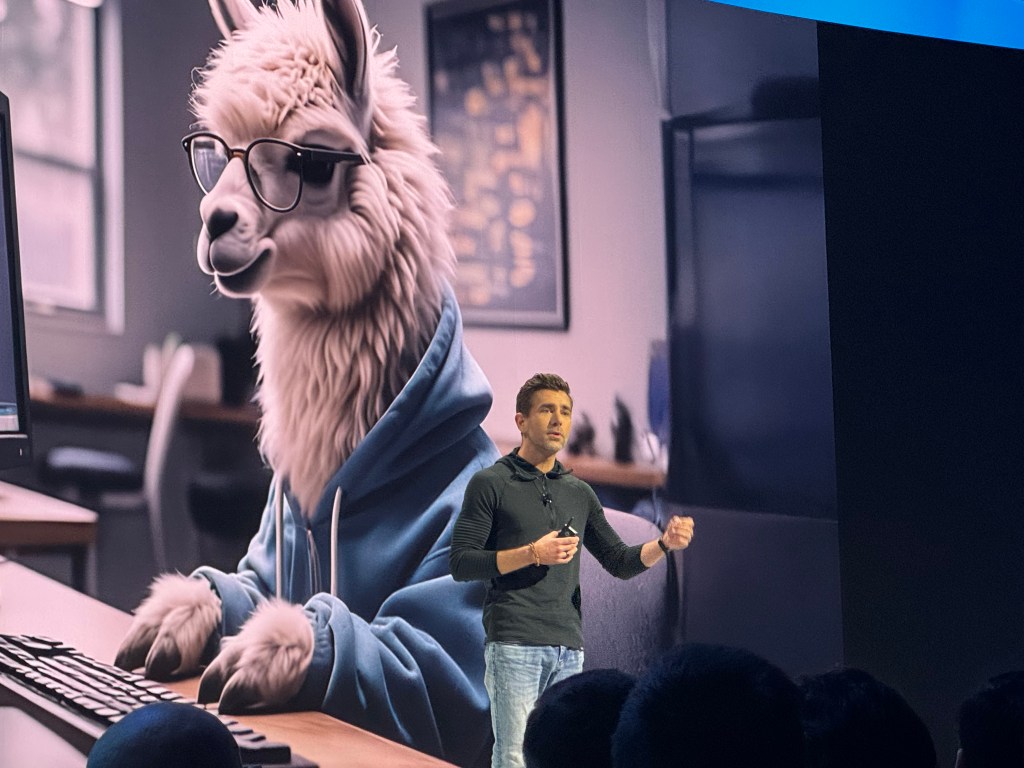GitHub Copilot, the AI-powered coding assistant developed by Microsoft-owned GitHub, has achieved a significant milestone by surpassing 20 million all-time users. This announcement was made by Microsoft CEO Satya Nadella during the company’s recent earnings call. A GitHub spokesperson confirmed that this figure represents the total number of individuals who have utilized Copilot since its inception.
This growth is particularly noteworthy, considering that just three months prior, in April 2025, GitHub reported 15 million users. The addition of 5 million new users within such a short span underscores the accelerating adoption of AI tools in the software development community. However, it’s important to note that Microsoft and GitHub have not disclosed the number of active monthly or daily users, which are likely to be lower than the total all-time user count.
The enterprise sector has been a significant contributor to Copilot’s expansion. Microsoft reports that 90% of Fortune 100 companies now utilize GitHub Copilot, reflecting a 75% increase in enterprise adoption compared to the previous quarter. This surge indicates that large organizations are increasingly integrating AI tools to enhance productivity, streamline code reviews, and bolster security testing.
The rise of AI coding assistants like GitHub Copilot signifies a transformative shift in software development practices. These tools are among the few AI products generating substantial revenue. In 2024, Nadella highlighted that GitHub Copilot had become a larger business than GitHub was at the time of Microsoft’s acquisition in 2018. This trajectory suggests a growing reliance on AI to augment developer capabilities and efficiency.
Despite its impressive growth, GitHub Copilot’s user base remains smaller compared to general-purpose AI chatbots like ChatGPT and Gemini, which attract hundreds of millions of users monthly. This disparity is understandable, given the specialized nature of software engineering compared to the broader applications of AI chatbots. Nevertheless, the willingness of software engineers and their employers to invest in AI coding tools highlights the perceived value and potential of these technologies in professional settings.
GitHub Copilot’s success positions it as a dominant player in the enterprise AI coding tool market. Leveraging Microsoft’s extensive enterprise customer base and GitHub’s robust developer ecosystem, Copilot is well-equipped to meet the growing demand for AI-assisted development tools.
However, the competitive landscape is evolving rapidly. Cursor, another AI coding tool, is emerging as a formidable competitor in the enterprise space. The company has been actively recruiting talent from emerging AI startups to bolster its capabilities. As of March, Cursor reported over one million daily active users and an annualized recurring revenue (ARR) of approximately $200 million. This figure has since more than doubled, with the current ARR exceeding $500 million, indicating a significant uptick in user adoption and financial performance.
Initially, GitHub Copilot and Cursor targeted different aspects of the developer experience. However, both are now converging towards offering similar functionalities. Recently, both companies have introduced AI agents designed to review code and identify bugs introduced by human developers. This development underscores the growing emphasis on automated code review and quality assurance in modern software development workflows.
Beyond Cursor, GitHub faces competition from other well-funded entities entering the AI coding tool market. Google has acquired leaders from AI coding startup Windsurf, while Cognition, the creator of Devin, has integrated the remaining members of the Windsurf team. Additionally, OpenAI and Anthropic are developing their own AI coding tools, Codex and Claude Code respectively, aiming to capture a share of this burgeoning market.
The rapid advancements and increasing competition in the AI coding tool sector highlight the industry’s recognition of AI’s potential to revolutionize software development. As these tools continue to evolve, they promise to further enhance developer productivity, code quality, and overall efficiency in the software development lifecycle.



